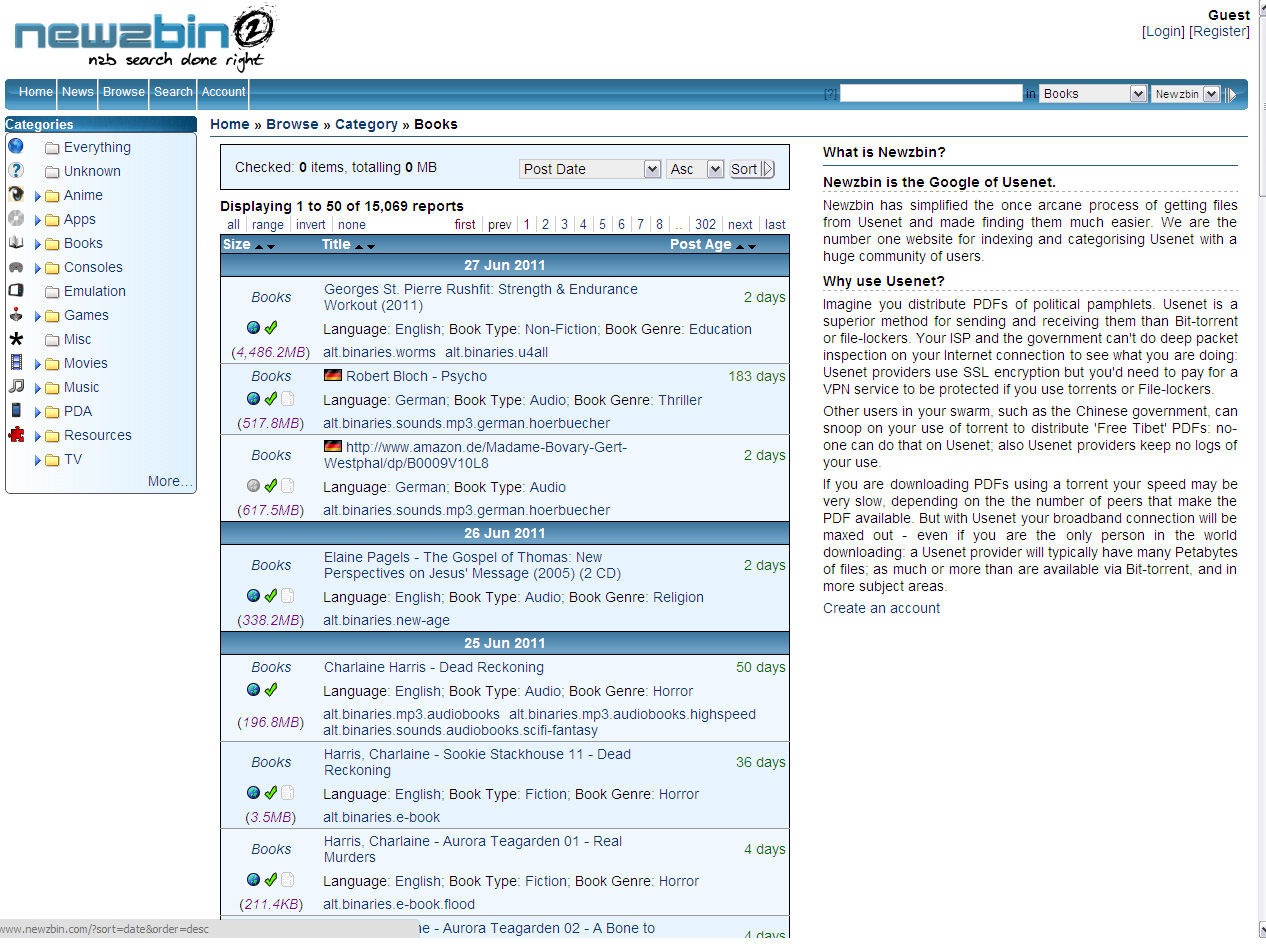ISPs are now the internet police
Say goodbye to an unfiltered internet

And so it begins. BT has been ordered by the High Court of Justice to block access to Newzbin2, a site largely devoted to sharing illicit copies of files.
It's the first time BT has been ordered to use its Cleanfeed porn-blocking system to block non-pornographic content.
It won't be the last.
And it won't do a damn thing to stop piracy.
Slippery slope
The term slippery slope is banded about all too often, but this time it's justified. This is not a case of a firm being ordered to stop breaking the law. It's a firm being ordered to stop other people breaking the law. Today it's BT and Newzbin2; tomorrow, inevitably, it'll be other ISPs and other websites.
Worried yet? Let's ratchet things up a notch. How about ISPs being ordered to block sites that break the law in other countries? As The Guardian reports, a court ruling about Star Wars costumes opens the door for English people and organisations to face legal action for breaking other countries' copyright laws.
Sign up for breaking news, reviews, opinion, top tech deals, and more.
It'd be funny if it weren't so serious: anyone with even a passing knowledge of how piracy works knows that going after specific sites is a giant game of whack-a-mole. But there's more to this than piracy. Blocking copyright infringement sets a dangerous precedent.
Copyright cops
The BT ruling is worrying because it turns ISPs into censors, and of course copyright infringement isn't the only kind of content people would like to block.
We've had calls to ban sites that espouse extreme political views, sites that promote anorexia, sites that discuss ways to commit suicide. If BT can block Usenet archives, why can't it block everything that anybody thinks is unpleasant or undesirable - like WikiLeaks, or anti-Scientology sites, or anything that isn't appropriate for under-fives?
Crazy? Look at Australia, where child-protecting politicians seriously proposed an outright ban on all online content that wasn't suitable for children. If it wasn't behind an age verification system, the politicians said, ISPs should block it completely.
As we reported in PC Plus: "Such mandatory filtering would be based on the ACMA (Australian Communications and Media Authority) blacklist, which, if the leaked version posted on Wikileaks is genuine, includes a dental surgery, a dog kennel and a travel agency."
The legislation has been delayed on the grounds that it's completely bloody insane, but it may still make its way to the statute books in 2013.
The only difference between Australia and the UK that I can see is that their politicians shout "we must protect the children!" while our politicians seem more concerned about protecting corporations.
As I wrote a few weeks ago: "This week, bad things include MP3s and streaming football matches. Next week, who knows?"

Contributor
Writer, broadcaster, musician and kitchen gadget obsessive Carrie Marshall has been writing about tech since 1998, contributing sage advice and odd opinions to all kinds of magazines and websites as well as writing more than twenty books. Her latest, a love letter to music titled Small Town Joy, is on sale now. She is the singer in spectacularly obscure Glaswegian rock band Unquiet Mind.